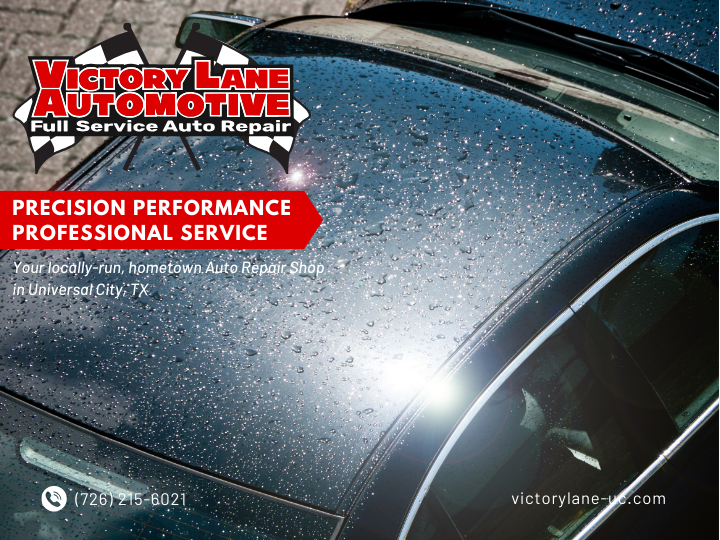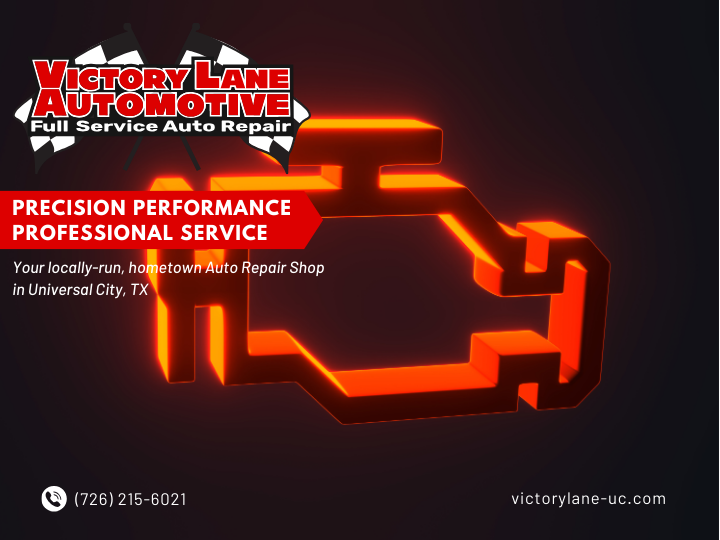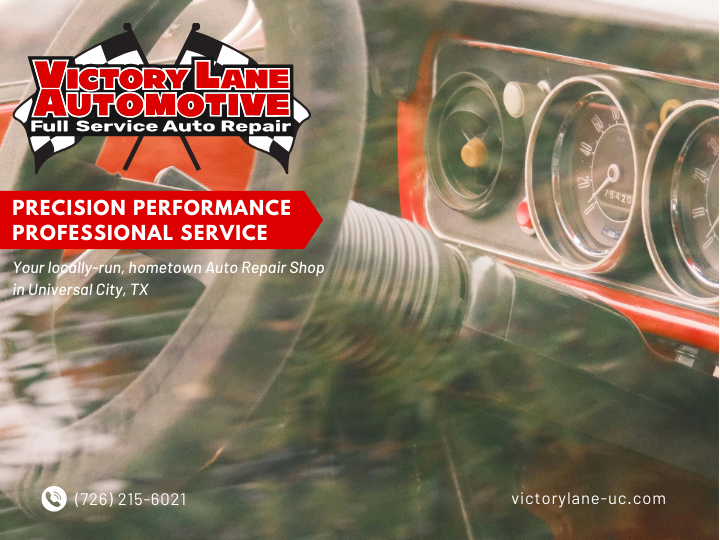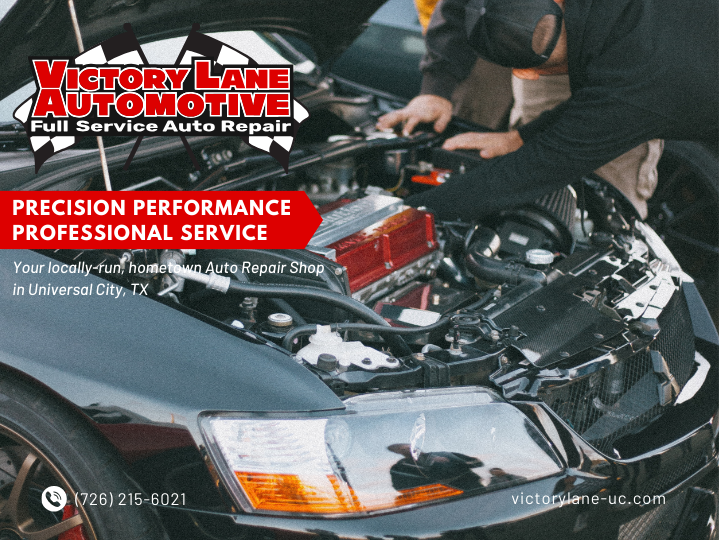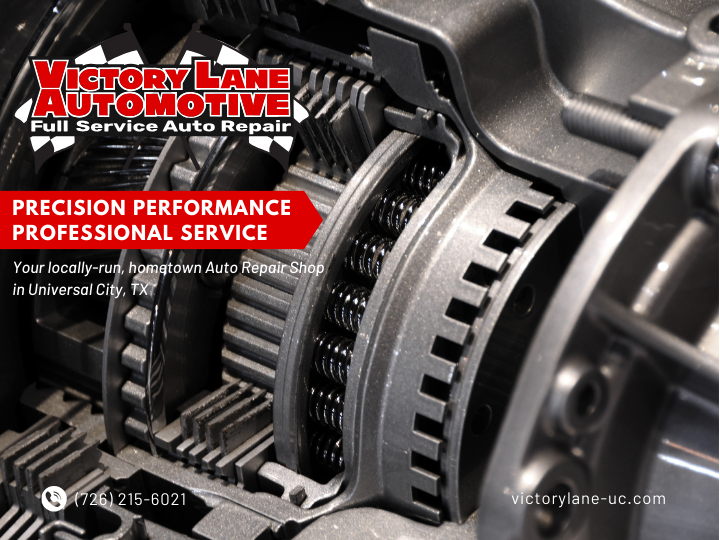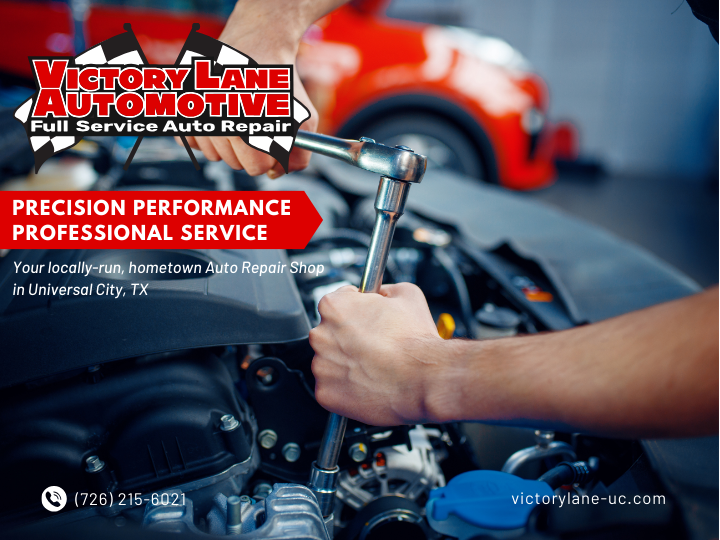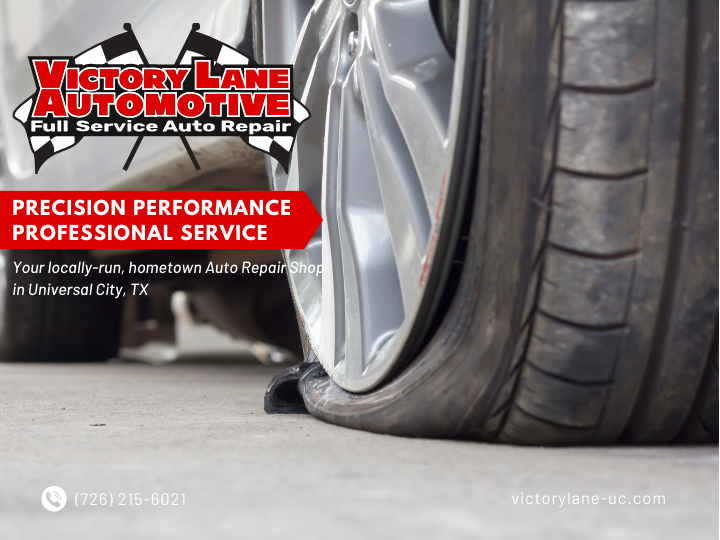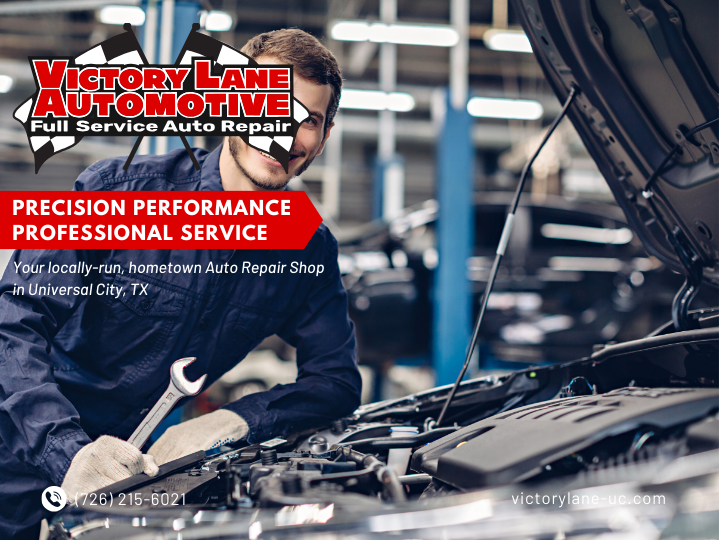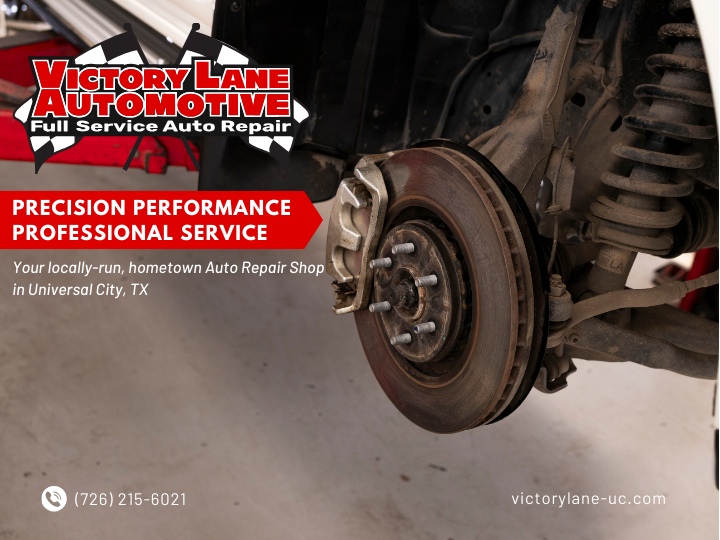The truth about auto repair
The truth about car repair
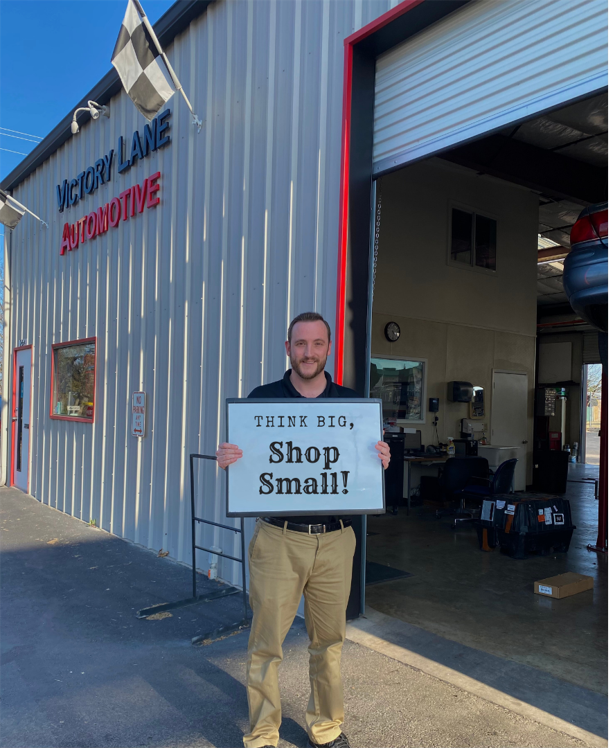
The Truth About Car Repair: What You Need to Know
Car ownership comes with a significant question: who should you trust when it comes to maintaining your vehicle? With manufacturers, dealerships, and independent repair shops each offering different advice, it can feel overwhelming to know what’s best for your car in the long run.
The truth is, car manufacturers and their vast network of influence don’t always have your best interest at heart—they want to sell more cars. As a result, the recommendations from automakers may seem to prioritize minimizing maintenance and keeping repair costs low initially. But the reality is that neglecting preventative maintenance will cost you more over time. This blog will help you see through the conflicting messages, giving you a deeper understanding of why proper maintenance is crucial and how to find a reliable service provider.
Automakers Want You to Buy, Not Maintain
At the heart of the automotive industry lies one fundamental truth: car manufacturers want to sell cars—lots of them. Their business model thrives on consumers frequently upgrading to new models, which means keeping people locked in a cycle of buying new cars instead of maintaining older ones for extended periods. To support this cycle, manufacturers lobby governments to influence automotive laws, ensuring the market favors them at every step.
This influence extends not only to the sale of new vehicles but also to the repair and aftermarket industries. Manufacturers and dealers prefer to control where and how repairs take place, often making it difficult for independent repair shops to compete or offer better advice. As a result, consumers are often left confused about which maintenance schedules to follow and whether to trust dealerships or independent mechanics.
The JD Power Influence: Lowering Maintenance at What Cost?
One of the biggest shifts in the automotive industry came when JD Power & Associates introduced the concept of maintenance cost per mile. Automakers quickly realized that lowering maintenance expenses made their cars more appealing to consumers and improved their JD Power rankings. While this sounds good on the surface, there was a hidden consequence: manufacturers began extending service intervals and eliminating certain maintenance recommendations to create the illusion of lower costs.
For instance, oil changes, once required every 3,000 to 5,000 miles, were extended to 7,500 or even 10,000 miles based on “oil life sensors.” Transmission fluid changes, brake fluid flushes, and injector cleaning—once routine services—disappeared from official maintenance schedules. The idea was that if a vehicle could make it to 100,000 miles without major repairs, it had fulfilled its purpose. Anything beyond that mileage was considered disposable, encouraging consumers to buy new vehicles.
The "Lifetime Fluid" Fallacy
A striking example of misleading maintenance advice is the concept of “lifetime fluids.” GM’s introduction of Dex-Cool, labeled as a lifetime coolant, was a significant marketing move. However, what manufacturers define as “lifetime” is very different from what most consumers assume. In the eyes of automakers, “lifetime” often refers to the expected useful life of the car—typically 75,000 to 100,000 miles. After that point, manufacturers assume the vehicle will either be traded in or scrapped.
In contrast, the automotive aftermarket defines lifetime warranties differently. Many independent repair shops offer lifetime guarantees on parts, meaning that if a component fails during the time you own the car, it will be replaced free of charge. Tire warranties, for example, often cover the entire lifespan of the tire, not just a predetermined mileage cap. This difference in how “lifetime” is defined highlights the need to understand the fine print and know what type of coverage you are truly getting.
Why Skipping Maintenance Is a Bad Idea
There’s a fundamental difference between preventative maintenance and repair. Maintenance involves performing services to keep your vehicle in optimal condition, whereas repairs are necessary once damage has already occurred. Unfortunately, following the minimal maintenance schedules promoted by manufacturers often means waiting until problems arise—leading to expensive repairs.
For example, waiting for the oil light to come on before getting an oil change puts unnecessary stress on your engine. Similarly, ignoring dirty air filters, worn brake pads, or low transmission fluid can result in decreased performance and costly breakdowns. Regular maintenance ensures that components are replaced before they fail, saving you time, money, and headaches in the long run.
To put it simply: maintenance is proactive; repairs are reactive. And as any experienced mechanic will tell you, it’s always cheaper to maintain your car than to fix a broken one.
The Long-Term Benefits of Proper Maintenance
If you commit to maintaining your car according to the best practices—not just the manufacturer’s recommendations—your vehicle can last far longer than expected. Some repair shops have reported keeping vehicles like Kias running for over 500,000 miles through proper maintenance, challenging the notion that they are disposable cars. Even with modestly priced vehicles, the potential to reach half a million or even a million miles exists if you follow a disciplined maintenance plan.
Skipping services like transmission fluid changes, brake flushes, and injector cleanings might save money in the short term, but it can drastically shorten your vehicle's lifespan. Think of it like caring for your home: neglecting basic upkeep like air filter replacements or lawn care will eventually lead to costly repairs. Similarly, maintaining your car ensures that you get the most value from your investment.
Dealerships vs. Independent Repair Shops: Who Should You Trust?
One surprising reality is that many dealerships ignore manufacturer recommendations and promote additional maintenance services. Why? Because they know that properly maintaining a vehicle keeps it running longer—and customers happier. Dealerships, often regarded as the guardians of manufacturer guidelines, are actually some of the largest buyers of third-party maintenance products, such as those offered by BG Products. These products include additives and treatments designed to improve the performance and longevity of your vehicle.
BG Products even offers warranties to back up their claims, promising up to $4,000 in coverage if their fluids or additives fail to prevent certain repairs—provided you start using them before 50,000 miles. This is a strong indication that dealerships recognize the value of preventative maintenance, even if the manufacturers they represent don’t officially recommend it.
Meanwhile, many independent repair shops are hesitant to go against manufacturer guidelines, fearing liability issues. However, finding a knowledgeable, trustworthy shop that advocates for proactive maintenance can be the key to extending your vehicle’s life. Look for mechanics who take the time to explain the benefits of regular maintenance and offer customized plans based on your driving habits and local conditions.
The Cost of Neglecting Maintenance: Pay Now or Pay Later
There’s no way around it: maintaining your vehicle costs money. However, the cost of neglecting maintenance is exponentially higher. A small investment in regular oil changes, fluid exchanges, and filter replacements can prevent thousands of dollars in repairs down the road.
Consider the example of a clogged air filter. If left unchanged, it can reduce engine efficiency, increase fuel consumption, and even cause damage to sensors and other components. The same principle applies to transmission fluid: skipping a fluid exchange might save you $200 initially, but it could lead to a $4,000 transmission replacement later.
Building a Long-Term Relationship with Your Mechanic
Your car is likely your second-largest expense after your home, so it makes sense to protect that investment by finding a reliable repair shop. A good mechanic will prioritize maintenance over repairs, helping you avoid costly breakdowns and extending the life of your vehicle. Look for a shop that takes the time to educate you about your car’s needs and offers transparent pricing.
Building a relationship with your mechanic is an investment in itself. A shop that knows your vehicle’s history and driving habits can make tailored recommendations, ensuring you get the best performance and longevity from your car.
Conclusion: Maintenance Is the Key to Longevity
The truth about car repair is that the automotive industry is geared toward selling cars, not helping you maintain them. While manufacturers may push for minimal maintenance to reduce costs and encourage frequent upgrades, taking care of your vehicle pays off in the long run. By following a proactive maintenance schedule and working with a trusted repair shop, you can keep your car running smoothly for hundreds of thousands of miles.
Don’t fall into the trap of waiting for things to break before you act. Maintenance may require an upfront investment, but it’s the best way to avoid costly repairs and keep your vehicle on the road for years to come.



